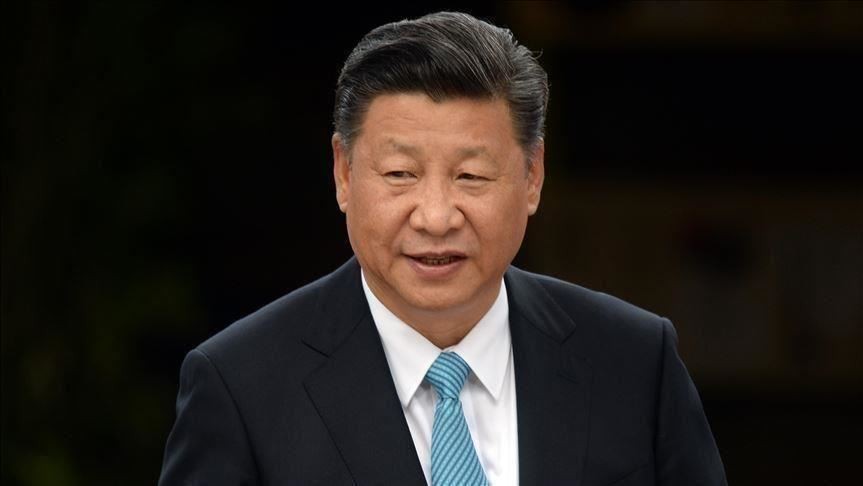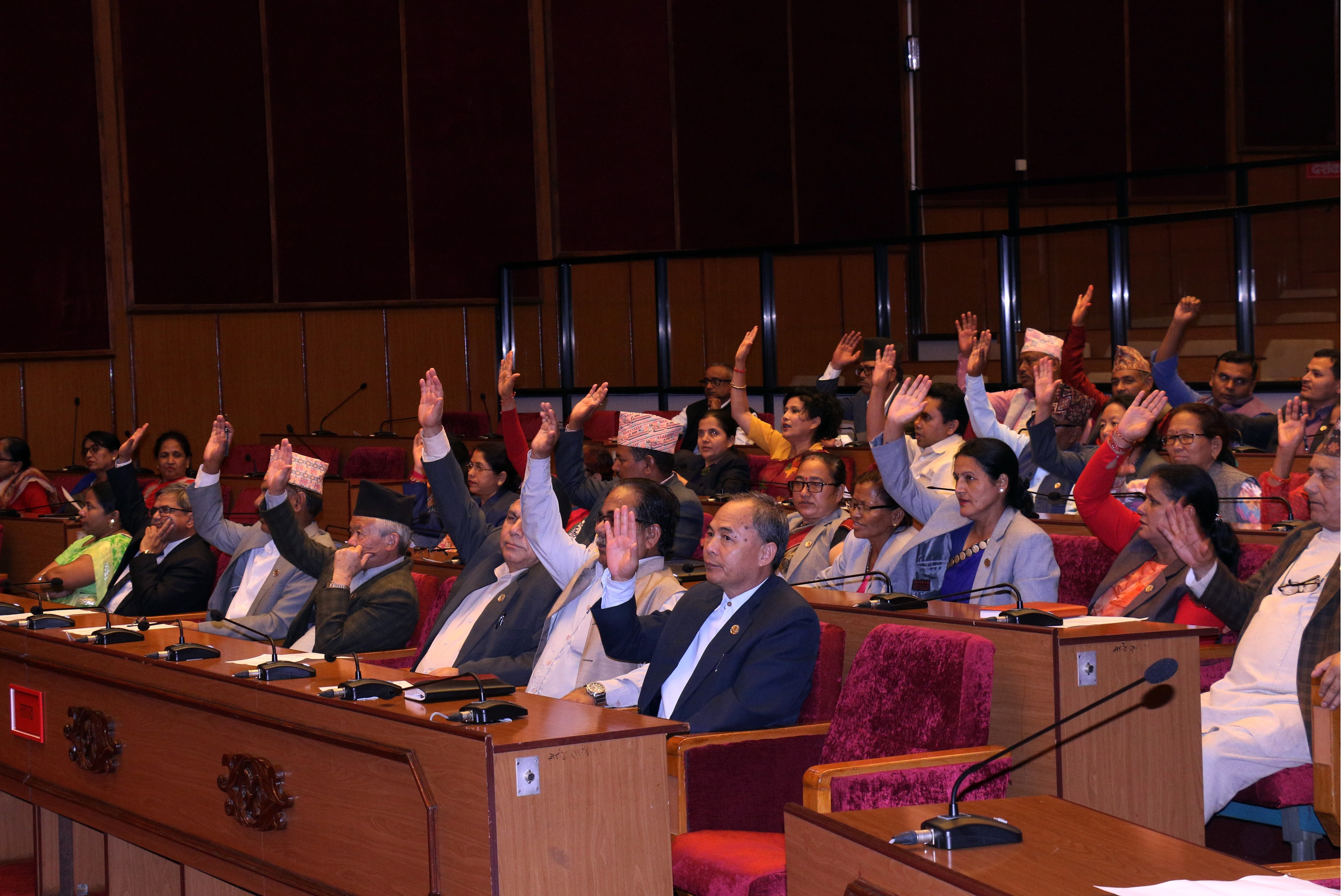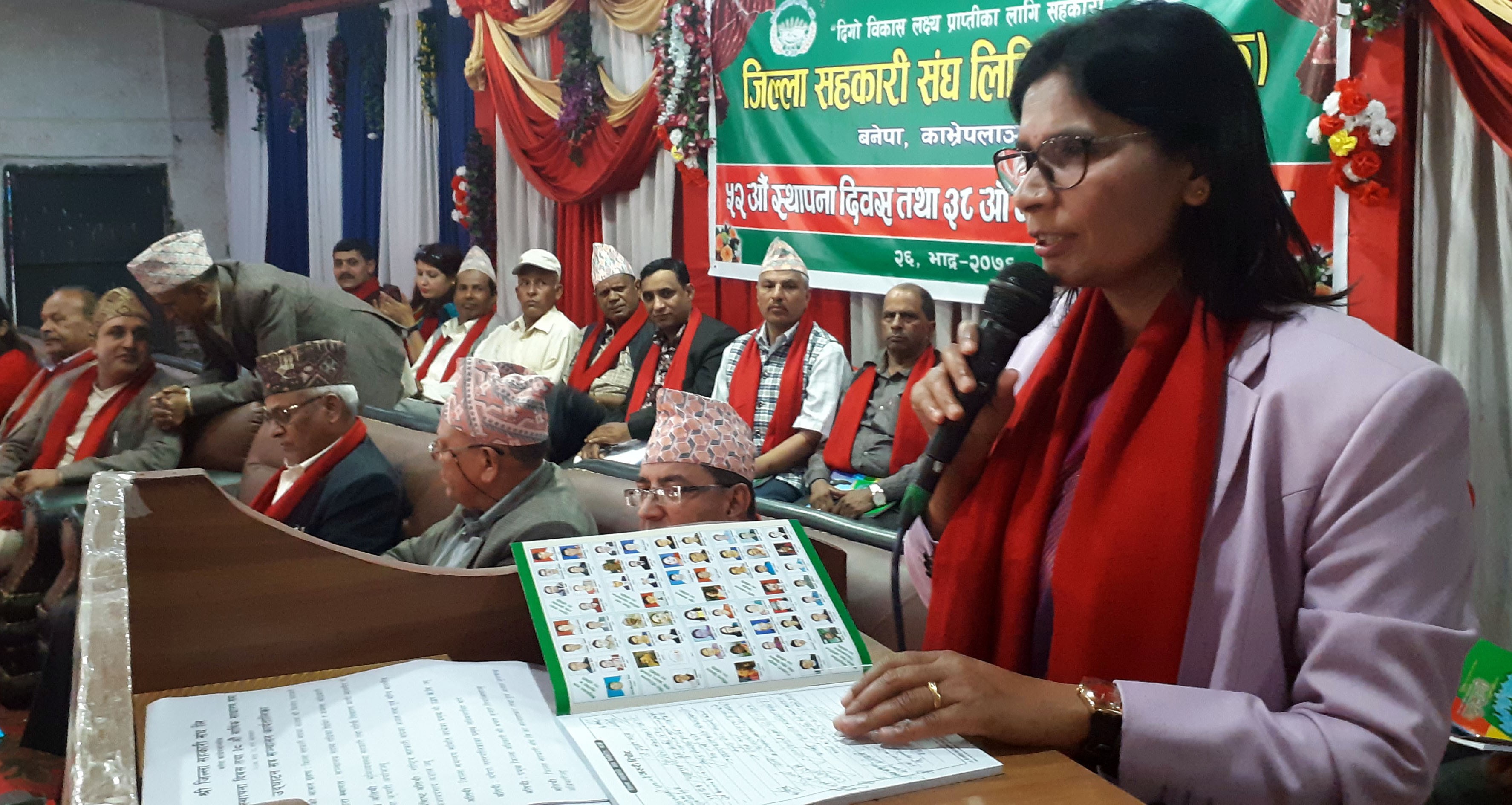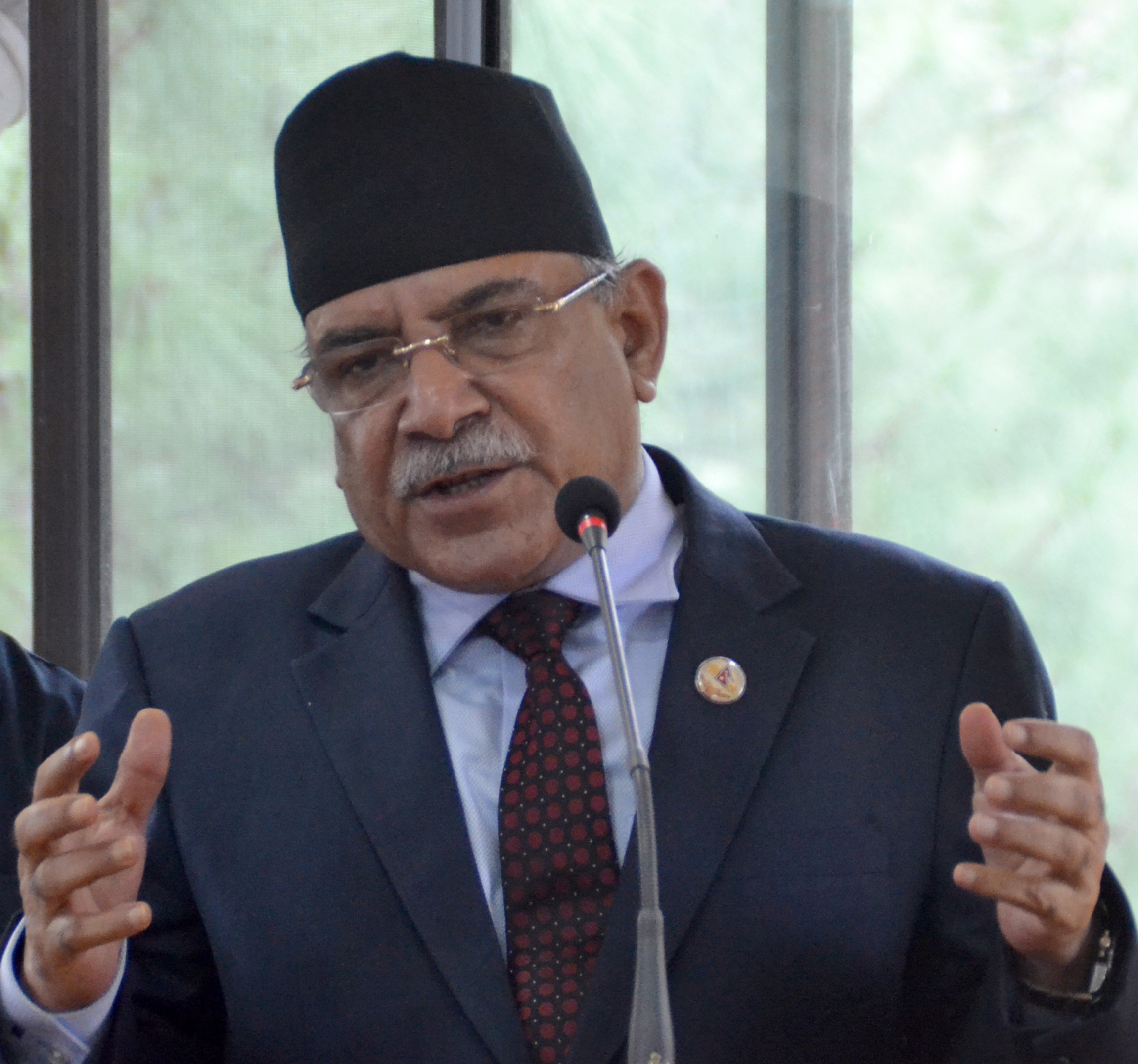Chinese President Xi's visit expected to promote Buddhist philosophy, culture

Kathmandu, Oct 10: The much anticipated two-day state visit of Chinese President Xi Jinping to Nepal is expected to further propagate the Buddhist philosophy and culture that has been interlinking Nepal and China since ancient times.
Around 400 million people of its total 1.4 billion are of Buddhist faith in China while Nepal, with around 300 million population, has around 3 million its population following Buddhism, according to the census of 2011.
Chinese President Xi is arriving Nepal on October 12 at the invitation of President Bidya Devi Bhandari.
Akhil Nepal Bhikshu Mahasangh's central member Bhikshu Tapassi Dhamma reminisced the support of Chinese government for the development of the birth place of Lord Buddha, Lumbini, and expressed his confident that the visit of the Chinese President taking place after 23 years would promote Buddhist heritages in Nepal.
He viewed that if the talks between the Chinese President and Nepali leadership could also touch on the preservation and promotion of ancient Buddhist heritages like Kapilvastu and Dev Daha, it would impact positively at the international level too.
Furthermore, it would also lay a foundation for both countries to further emotionally link the two countries and its people through the religion, cultural and literature, according to him.
President Xi as well as Prime Minister KP Sharma Oli are scheduled to witness the signing of bilateral agreements and memoranda of understanding during the former's two-day state visit.
Similarly, Nepal Buddhists' Association Chairperson Bhim Suwal argued that since the China's Buddhist population has been regarding Lumbini as a pilgrim and visiting the Buddhist shrine time to time, the visit of the Chinese President would further promote Buddhist philosophies.
Although Nepal and China formalized their relations on 1 August 1955 by establishing diplomatic ties, the two countries were linked through Buddhism since the Chinese Buddhist pilgrims Fa Xian (Fa Hsien) and Xuan Zang (Hsuan Tsang) visited Nepal and conducted researches in 5th and 7th centuries respectively.
It is believed that Nepal's Buddhist scholar Buddhabhadra's China visit during the 4th century had also helped foster Buddhist philosophy and literature in China.
According to Buddhist scholar Tika Sherpa, Buddhabhadra spent 25 years in China in promoting Buddhist literature and helped Chinese locals to get involved with Buddhist philosophy and practice.
Stating that there was an age-old culture of Buddhism followers of Nepal and China embracing Buddhist philosophy and literature of both the countries and exchanging visits to religious sites, Sherpa said, "The upcoming Nepal visit of the Head of the State of China will be important and meaningful to attract as many as Chinese tourists to Nepal which will also support Nepal's Visit Nepal 2020 campaign."
The Swait Chaitya constructed in Beijing during the thirteen century by Araniko reflecting the Nepal's architectural marvels has also helped in further establishing people to people relations between the two countries.
An 80-member delegation led by Araniko had also constructed many others monasteries, gumba, chaitya, Buddha statues in China which had managed to win over the then emperor of China Kublai Khan.
Araniko's works had also played a significant role in further bolstering bilateral relations between the two countries.
Recent News

Do not make expressions casting dout on election: EC
14 Apr, 2022
CM Bhatta says may New Year 2079 BS inspire positive thinking
14 Apr, 2022
Three new cases, 44 recoveries in 24 hours
14 Apr, 2022
689 climbers of 84 teams so far acquire permits for climbing various peaks this spring season
14 Apr, 2022
How the rising cost of living crisis is impacting Nepal
14 Apr, 2022
US military confirms an interstellar meteor collided with Earth
14 Apr, 2022
Valneva Covid vaccine approved for use in UK
14 Apr, 2022
Chair Prachanda highlights need of unity among Maoist, Communist forces
14 Apr, 2022
Ranbir Kapoor and Alia Bhatt: Bollywood toasts star couple on wedding
14 Apr, 2022
President Bhandari confers decorations (Photo Feature)
14 Apr, 2022











